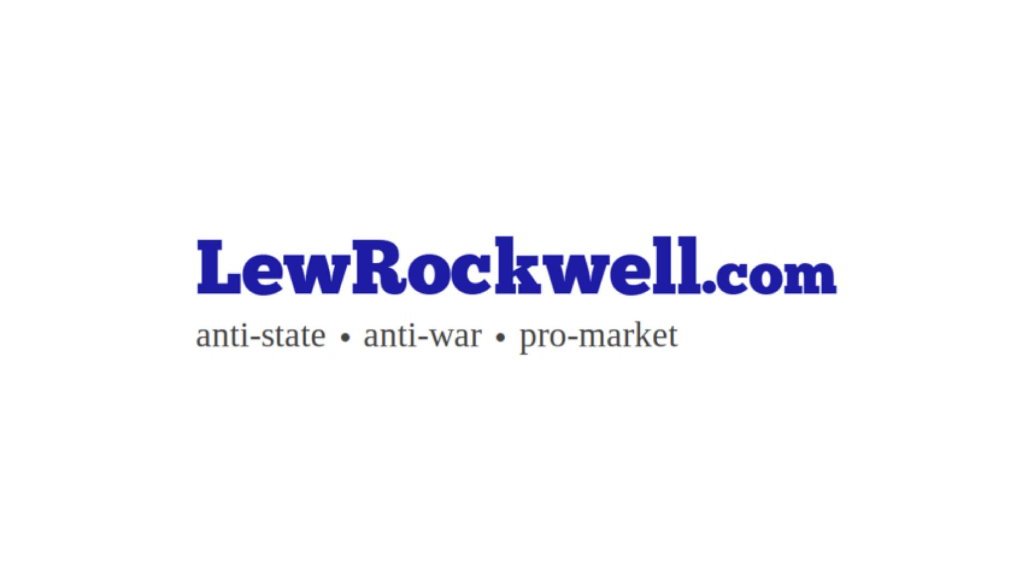Now Comes MAMGA (Make American Movies Great Again!)
The man gets more farcical every day. In advance of his meeting with Canada’s newly reelected prime minster, the Donald literally jumped the shark, letting loose a fusillade of outright lunacy that would ordinarily raise questions about his compos mentis. But blithering idiocy like the following has become so commonplace from Trump that it’s apparently being taken for granted.
I look forward to meeting the new Prime Minister of Canada, Mark Carney. I very much want to work with him, but cannot understand one simple TRUTH – Why ismAmerica subsidizing Canada by $200 Billion Dollars a year, in addition to giving them FREE Military Protection, and many other things?”
“We don’t need their Cars, we don’t need their Energy, we don’t need their Lumber, we don’t need ANYTHING they have, other than their friendship, which hopefully we will always maintain.
They, on the other hand, need EVERYTHING from us!
While this is obviously pure gibberish in its own right, we can’t even say that it was deliberate over-the-top bombast designed to warm-up his guest for a “full and frank exchange” in the Oval Office Tuesday afternoon. The chances are, in fact, that the Donald actually believes this stuff because his economic framework is an utterly primitive zero-sum construct in which all exchanges produce a “winner” and a “loser” and, furthermore, if his side is losing it’s because the other side is comprised of nefarious cheaters and thieves.
Then again, in the case of Canada even the gross trade numbers do not bear him out— since the $200 billion subsidy number is purely from Mars. The actual US trade deficit with
Canada in 2024 was just $63.3 billion, if that’s what he is referring to as the “subsidy”, but even that doesn’t mean all that much.
As it happened, two-way goods trade between our highly integrated economies was $762 billion ($412 billion of US imports and $350 billion of US exports), meaning that the residual balance in Canada’s favor was a modest 8.3% of total turnover. Even then, two-way services trade between the two countries totaled $150 billion, wherein the $30 billion surplus in the US favor amounted to 20% of total turnover.
So when it comes to exchange of goods and services across the 5,500 mile US/Canadian border total trade amounted to a hefty $911 billion or more than 3% of the combined GDP of the two countries. Yet the net balance was just $33 billion in favor of Canada or a mere 3.6% of total commerce.
Needless to say, that marginal imbalance had nothing to do with cheating by Canada. After all, owing to the Donald’s own pride and joy—the NAFTA redo he christened as the USMCA—there were zero tariffs on all of the $911 billion of two-way trade. And even Canada’s notorious dairy tariffs were subject to a Trump Administration inspired workaround that keeps Canada’s 150% tariffs on butter, cheese and milk at zero in US/Canada trade, as long as imports from the US are below some very high volume thresholds, which US dairy exporters have never reached.
Yes, Canada may be a tad more “socialist” than the US but its trade balances with the rest of the world shows clear as day that it provides no advantage on the bottom line. To wit, in 2024 Canadian exports to the rest of the world were $144 billion, while its imports were $212 billion. So it had a $69 billion trade deficit with the rest of the world, amounting to 19% of its two-way trade.
Now, if the Canadian economy is rigged in some mysterious way so as to cheat in its trade practices, it becomes a bit hard to explain how this purported rigged system results in an 8.3% surplus with the US, but simultaneously a 19% deficit
Article from LewRockwell

LewRockwell.com is a libertarian website that publishes articles, essays, and blog posts advocating for minimal government, free markets, and individual liberty. The site was founded by Lew Rockwell, an American libertarian political commentator, activist, and former congressional staffer. The website often features content that is critical of mainstream politics, state intervention, and foreign policy, among other topics. It is a platform frequently used to disseminate Austrian economics, a school of economic thought that is popular among some libertarians.




